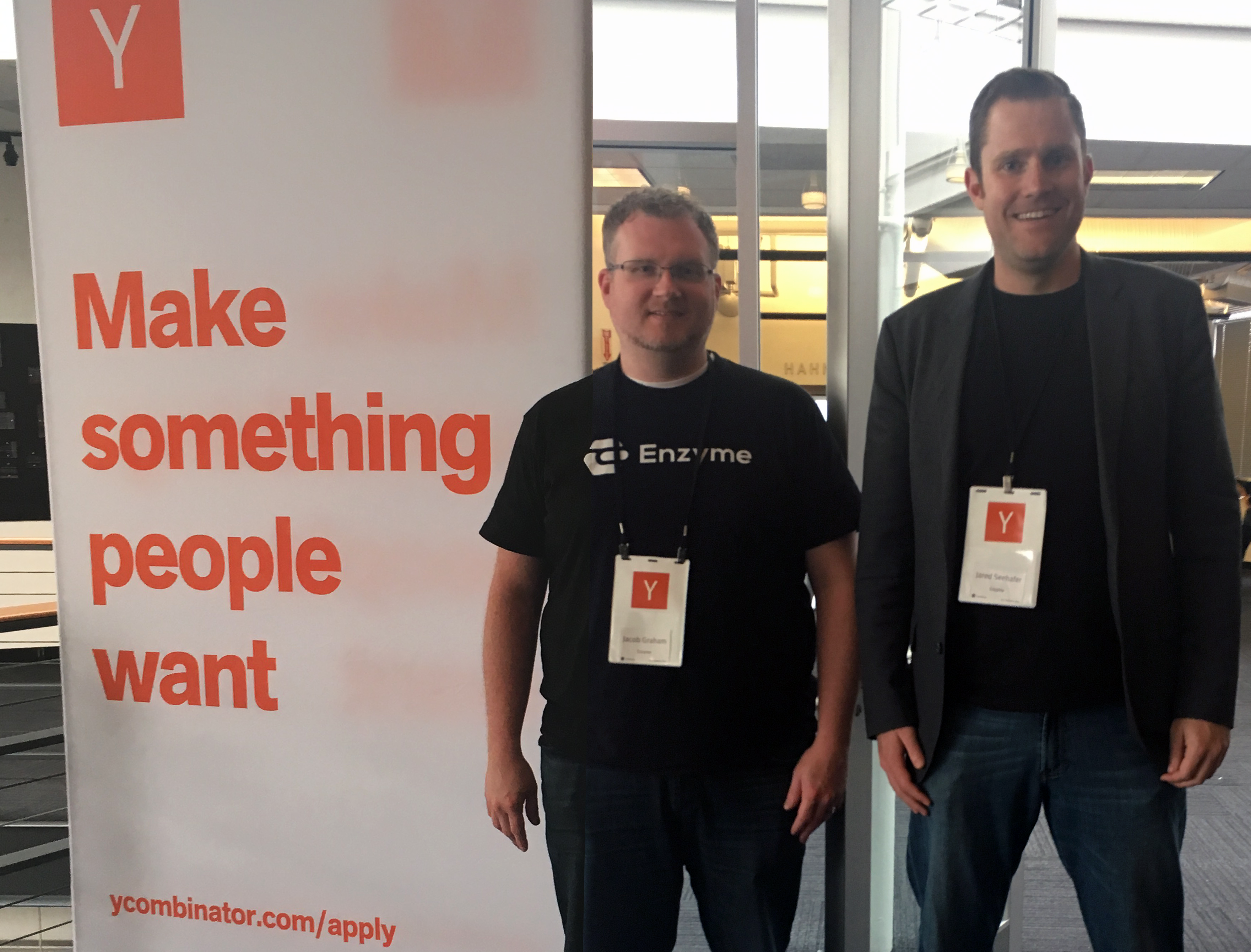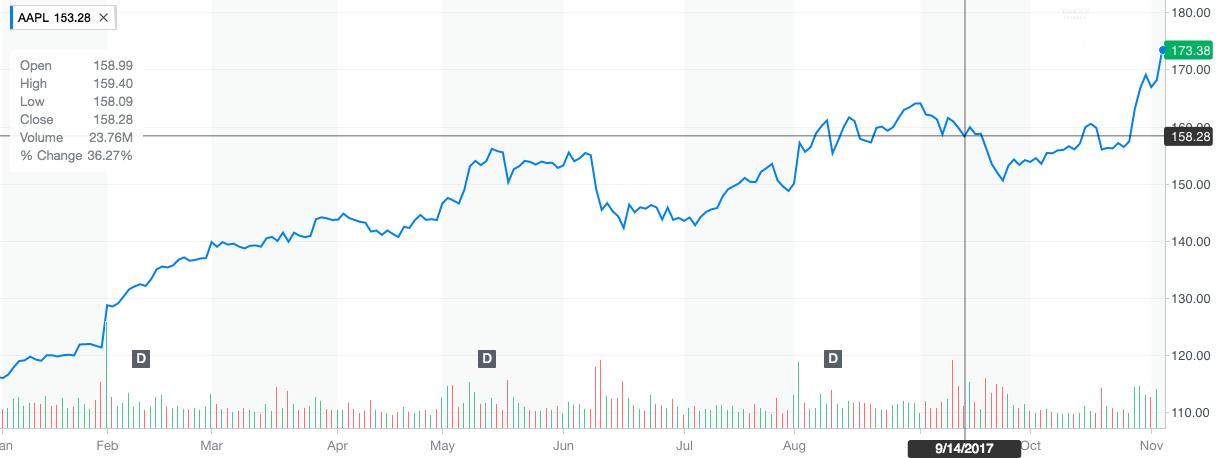Enzyme.io wants to make FDA compliance easier for startups

The Food and Drug Administration approval process can be like navigating a landmine for health startups hoping to get through regulations and begin selling to the American public. YC company Enzym.io hopes to help these small businesses out by automating the process for them.
Biomedical engineer Jared Seehafer came up with the idea through his own experience consulting with health companies like Genentech. He found going through all the paperwork to get into compliance wasn’t just tedious but also a big part of what’s holding small companies back.
“You find you spend almost as much time documenting the work as you do doing the work,” Seehafer told TechCrunch. “This is a multitrillion dollar industry and I thought ‘why isn’t there software to automate the process?”
Compliance is the second biggest problem after raising capital for founders in the health space, according to Seehafer. So he rolled up his sleeves, brought in co-founder and regulations expert Jake Graham and launched Enzyme out of beta last summer to provide an automated software system companies can use to integrate with platforms like Jira, Trello and Github.
Alternatives exist to help with compliance but they often involve an expertise in the field and a hodgepodge of different software systems.
With Enzyme, Seehafer says startups don’t need a background understanding in regulatory issues and don’t have to duplicate the paperwork, either. They can just plug it in and have it ready to go when the FDA comes knocking.
So far Enzyme has raised $1.85 million for the idea from Refactor Capital, Data Collective, Soma Capital, and Rock Health and various angels like Elizabeth Iorns from Science Exchange.
The startup is currently working with about 10 companies and Seehafer says he has an aggressive growth target for 2018, with a particular focus on targeting early funded digital health companies in need of this sort of service. He’s also going after partnerships with accelerators ad VC firms to help him get in front of these companies.
Of course, a company could go it on their own and try to follow guidelines placed on the FDA’s website. However, Seehafer says many end up hiring consultants, full-time compliance officers or spending exorbitant amounts of money to get them to the next phase, even with the guidelines clearly in place.
“There are disincentives to making it clear [on how to get in compliance] and there’s different levels of approval for different stages,” he said.
Seehafer hopes Enzyme helps founders not only navigate through the process more smoothly but also educates the community so those with an idea can concentrate on innovating more and dealing with paperwork less.
Would something like Enzyme have helped Theranos navigate the process? Seehafer laughed, adding the beleaguered blood testing company “didn’t follow FDA compliance 101.”
Published at Thu, 18 Jan 2018 22:14:02 +0000





